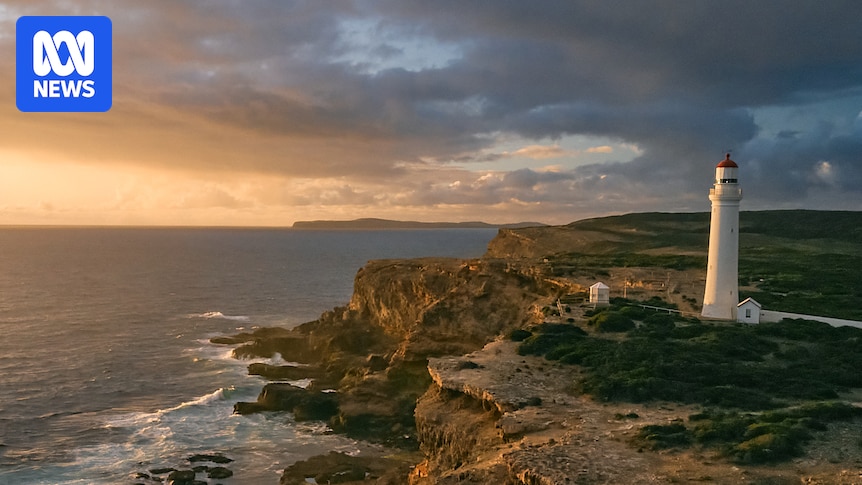
A regional Victorian council known for its stunning beaches, whale-watching opportunities, and a UNESCO World Heritage listing has decided to end its decade-long campaign to be part of the Great Ocean Road tourism initiative. Despite not being directly on the iconic road, Glenelg Shire, located in the south-western corner of Victoria, has been included in the Great Ocean Road tourism region as defined by the federal government.
The decision to withdraw from the Great Ocean Road Regional Tourism (GORRT) partnership was announced by the Glenelg Shire Council, citing a lack of support from state and federal governments. This move marks the end of Glenelg’s representation on the GORRT board, a position it has held since 2015.
Reasons Behind the Withdrawal
The council expressed frustration over being regularly omitted from key marketing and tourism strategies, such as the Great Ocean Road Action Plan and the Great Ocean Road Regional Trail Strategy, which ends at Port Fairy, excluding the Great South West Walk. A statement on the council’s website highlighted these concerns, noting that despite GORRT’s advocacy efforts, the shire is not officially recognized by state and federal partners as part of the Great Ocean Road.
The Victorian government, which manages the projects cited by the council, responded by affirming GORRT’s role as the peak tourism body in the region. A government spokesperson stated, “We will continue to work with Glenelg Shire to encourage visitors to visit South West Victoria and experience the best of the Great Ocean Road.”
Impact on Local Tourism
The Great Ocean Road remains the most popular regional Victorian destination for international tourists. According to Tourism Research Australia, four of the six most visited regional Victorian local government areas by international tourists from March 2023 to March 2025 were along this route. However, Glenelg Shire ranked 21st in the same data set.
Local business owners, like Portland accommodation provider Nicole Carr, fear the withdrawal could lead to a decline in tourist revenue. Carr expressed disappointment over the lack of consultation with businesses before the decision was made, especially as Tourism Australia recently launched a new global campaign featuring the Great Ocean Road as the sole Victorian location.
“If we’re not part of that conversation, we’re not tapping into this industry,” Carr said. “I don’t know how we can do it alone.”
Financial Considerations and Future Plans
Glenelg Shire Council paid $100,000 for its GORRT membership last year, which provided local businesses with free marketing access across various tourism websites. Following a review, the tourism board adjusted its fee structure, reducing Glenelg’s potential membership cost to $80,000. However, Mayor Karen Stephens argued that the investment did not yield sufficient returns.
“We as a council believe that investment into the Great Ocean Road tourism is not getting us bang for our buck,” Stephens stated. “$100,000 a year — we reckon we could do a lot with that.”
This sentiment echoes a similar situation earlier this year when Colac-Otway Shire Council initially reduced its GORRT payment but later reversed the decision after GORRT cautioned about potential service withdrawal. Colac-Otway is currently reviewing its membership, with results expected by March.
Regional Tourism Dynamics
GORRT general manager Liz Price expressed disappointment over Glenelg’s withdrawal but respected the decision. Price emphasized the board’s ongoing efforts to address disparities in state government plans and initiatives, advocating for the inclusion of the entire tourism region.
“This includes not just the western end of the region but also our northern towns,” Price stated, noting that the state government contributes $590,000 annually to GORRT.
Despite the council’s withdrawal, businesses within Glenelg Shire can still partner with GORRT directly for marketing packages starting at $385, ensuring continued promotional opportunities.
As Glenelg Shire Council embarks on developing its own localized tourism strategy, the region faces the challenge of maintaining its appeal to tourists without the backing of the broader Great Ocean Road brand. The coming months will be crucial in determining the success of these new efforts and their impact on the local economy.





